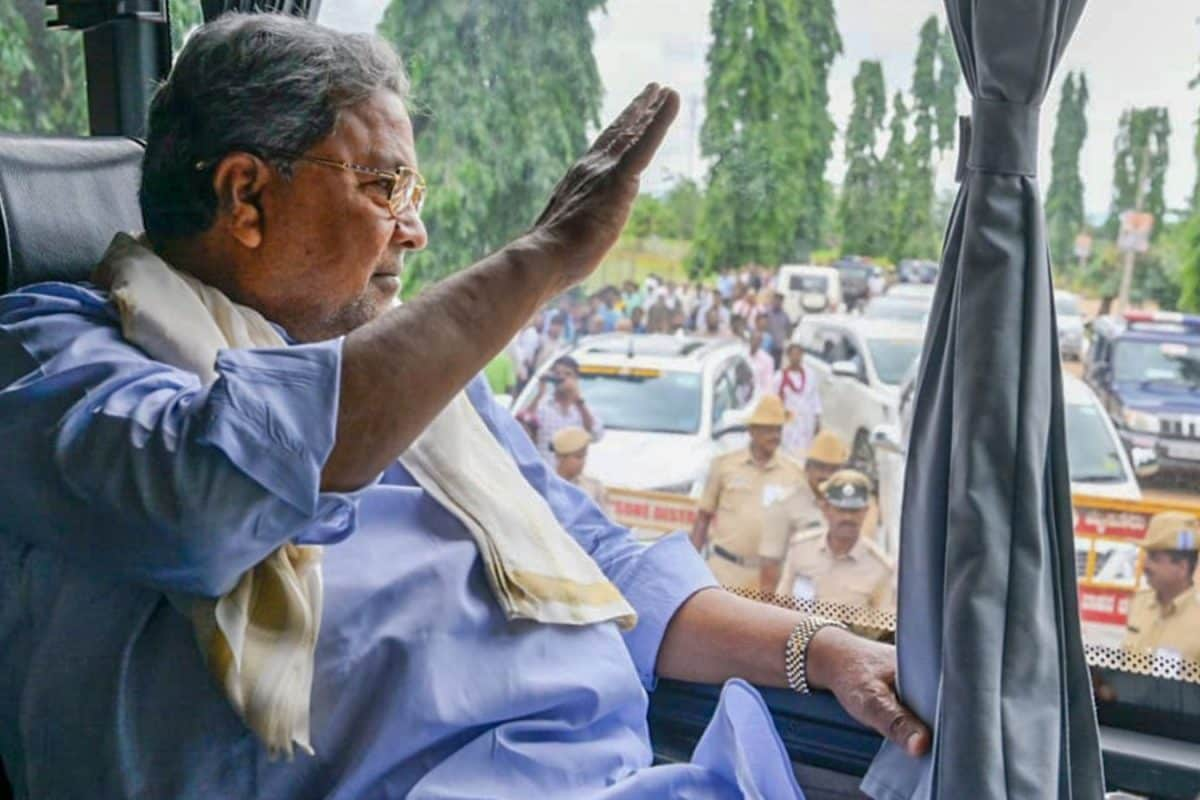

In a significant development, the Supreme Court of India has dismissed an appeal by the Enforcement Directorate (ED) against a Karnataka High Court decision that had quashed summons issued to BM Parvathi, wife of Chief Minister Siddaramaiah, in connection with a case involving the Mysore Urban Development Authority (MUDA). The ruling provides considerable relief to Siddaramaiah, especially as he navigates a reported power-sharing dynamic with Deputy Chief Minister D.K. Shivakumar.
The case revolves around allegations of irregularities in the allocation of sites by MUDA to Parvathi. Specifically, it is alleged that Parvathi received 14 developed plots in a prime Mysuru locality as compensation for 3.16 acres of land acquired from her by MUDA. The allocated land was purportedly of significantly higher value than the original land, under a 50:50 scheme.
A bench comprising Chief Justice of India BR Gavai and Justice K Vinod Chandran upheld the High Court's March 7 order, emphasizing that political battles should be contested in the public sphere rather than in courtrooms. The judges voiced apprehension regarding the ED's involvement in such matters, with Chief Justice Gavai remarking, "Let political battles be fought among the electorate. Why are you being used?".
Additional Solicitor General (ASG) SV Raju, representing the ED, offered to withdraw the appeal, but the court proceeded to reject it, affirming that there was no error in the High Court's reasoning. The court stated, "We do not find any error in reasoning adopted in the approach of the single judge. In peculiar facts and circumstances, we dismiss it".
The BJP has maintained its stance on the MUDA case, alleging improper land allocation to Siddaramaiah's family, which led to the return of the plots. Leader of Opposition R Ashoka questioned why the sites were returned if there were no irregularities. Siddaramaiah, however, welcomed the court's decision and criticized the central government's alleged "vendetta politics".
Deputy Chief Minister D.K. Shivakumar has alleged that the ED is being misused for political purposes, citing his own case as an example. He questioned why ED cases are predominantly filed against Congress leaders and remarked on the apparent lack of cases against BJP leaders. Shivakumar stated that the Supreme Court's observations in the MUDA case reflect a pattern of selective targeting.
The Supreme Court's ruling has ignited discussions about the role and conduct of investigative agencies like the ED in politically sensitive cases. The court's remarks serve as a reminder of the importance of maintaining the impartiality of institutions and ensuring that they are not used as instruments for political maneuvering. The MUDA case and the surrounding political reactions highlight the ongoing power dynamics within the Karnataka Congress and the persistent scrutiny faced by key political figures.